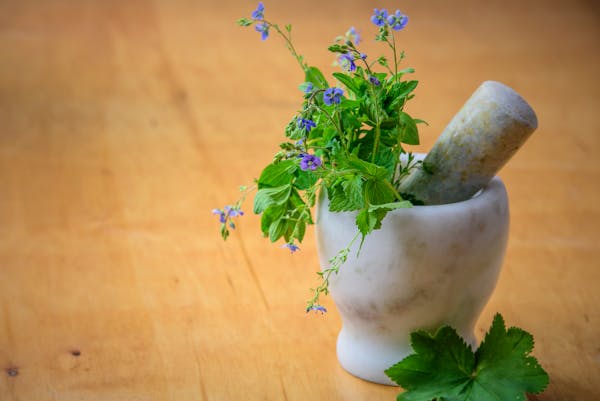Art of Living
All the problems that you face in life are because you attach over importance to the events. The events grow bigger while you remain smaller. Say, for example, you are riding a motorbike on a busy motor way and in front of you there is another vehicle emitting exhaust fumes. You have three options.
1. You can complain, somehow bear with it, and still follow the vehicle.
2. You can slow down or wait for some time to allow the vehicle to move far away from you.
3. You can use your skill, overtake the vehicle, and forget about it.
As in the first case, most of you stick on the events and are miserable, like inhaling fumes throughout your journey.
In the second case, you don't get permanent relief, as another bigger vehicle might come in front of you. Like that, running away from events is not the permanent solution.
However, wise people use their skill and grow over the events. If the vehicle is in perfect condition, the skill is effective. Conditioning the vehicle is sadhana or practice. And skill is the grace of the Guru.
The mistakes that you have made in the past have made you humble; you need not make mistakes in the future to become humble.
FIVE TYPE OF QUESTIONS
The spark behind every great discovery that has taken place on this planet has been the spirit of inquiry When that inquiry is directed outwards – “What is this? How does it happen?” it is science and when it is directed inwards – “Who am I? What am I here for? What do I really want?” it is spirituality.
We have a daily informal gathering every evening and after some group singing, I take questions from those present. Over so many years, I must have been asked hundreds of thousands of questions on various topics. Even though the number of possible questions that can be asked is huge, there are really only five types of questions.
1. Out of misery: Many times people ask questions when they are feeling miserable. They are usually of the nature “Why did this happen to me?”, “What did I do to deserve this?” etc. When you see someone asking a question out of pain, just listen to them. They just want somebody to hear them out. They are not really looking for an answer.
2. Out of anger: “I did nothing wrong. I was right. Why am I being blamed? Why is this happening?” This is the kind of questions that arise out of anger. Here also, the person is caught in the whirlpool of their feelings and emotions and they want to justify them by asking such questions. When somebody is in such a volatile state of mind, no matter what answer you give, it doesn’t go in. On the contrary, it gives rise to more questions and justifications.
3. To draw attention: Some people ask questions just to show everyone that they are also there. Their satisfaction lies in asking the question so that everybody notices them rather than finding the answer.
4. To test: There are some who ask questions to test if the other person knows. They already have an answer in their mind and want to compare if the other’s answer matches with theirs.
5. With sincerity: The fifth type of questions is asked by people who sincerely want to know something and have faith that the person they are asking knows and will tell them. It is only this type of question that should be answered.
Most of the ancient scriptures — whether it is the Bhagvad Gita, Yoga Vasishtha, Ashtavakra Gita, Tripura Rahasya or the Upanishads, begin with a question. The questions that have been asked here are not merely out of curiosity but also with a sense of closeness. Upanishad itself means sitting close to the Master, not just physically but feeling close to the Master. Knowledge needs an atmosphere of belongingness to flourish. The closer you feel to the Master, the more knowledge unfolds by itself.
Every particle of this Existence is brimming with intelligence – the seed knows when to sprout and the flower knows when to bloom. All of life that is happening in this Creation is expressing that Infinite Intelligence. When you begin to behold this breathtaking phenomenon taking place all around you, all your questions start dissolving into an overwhelming sense of wonder. And that is the Art of Living.

















No comments:
Post a Comment